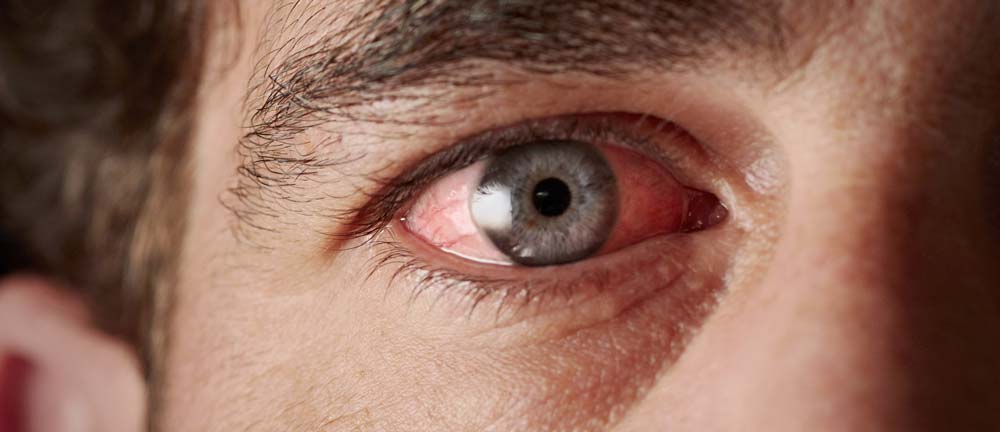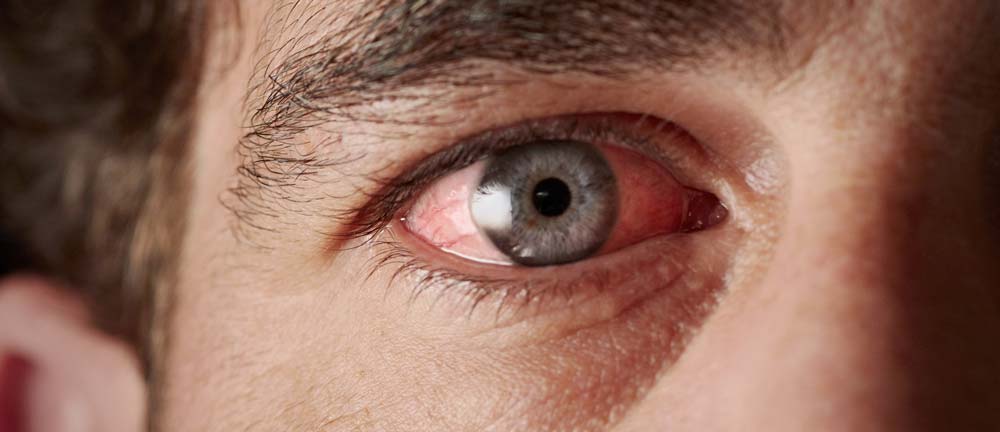Last Updated on September 30, 2025

Table of contents
If you suspect that a loved one is using drugs to get high, there will be noticeable differences in their physical appearance and behavior. Although drugs can cause many different kinds of effects, many of the signs of being high are very similar.
How Do Drugs Affect the Brain?
Before we talk about the signs of being high on drugs, it’s important to know how drugs can affect the brain and, as a result, cause strange behavior and physical changes.
The brain is a complex organ full of cells called neurons. These neurons send and receive messages that allow the body to coordinate and complete specific functions. When drugs are introduced to the mix, they change the way the brain works by disrupting the messages that are sent, received, and processed.
Different types of drugs will affect the brain in various ways. For example, some drugs mimic the chemicals that are naturally present in the brain (these chemicals are called neurotransmitters) and activate neurons, sending abnormal messages through the brain. Other drugs disrupt the normal balance of chemicals in the brain by telling neurons to release extremely large amounts of chemicals, like dopamine.1
Long-term drug use also affects several important areas of the brain that impact a person’s ability to perform many daily functions, emotions, and behaviors such as:
- Motivation
- Developing habits and routines
- Socializing
- Feeling pleasure
- Feelings of anxiety and irritability
- Cognitive abilities
- Planning
- Problem-solving
- Decision-making
- Self-control
As you can see, drugs don’t just cause a “high” and feelings of euphoria. They can also have lasting impacts that affect the way we think, feel, and behave.
Signs of Being High on Drugs
If you think a loved one is abusing drugs or that he or she might be high on one of these types of drugs, there are several different physical characteristics and behaviors you can watch for. Here are some of the most common signs of being high on drugs.
| Signs of Being High on Marijuana |
|
[sc name=”smallinsurancecta-orange”]
| Signs of Being High on Amphetamines |
|
| Signs of Being High on Benzodiazepines |
|
| Signs of Being High on Cocaine |
|
| Signs of Being High on Ecstasy |
After the high, here’s what to expect during the MDMA comedown and how to cope. |
| Signs of Being High on Heroin |
|
| Signs of Being High on Hallucinogens (LSD/Acid) |
|
| Signs of Being High on Prescription Opioids |
|
Interactive table Short-term effects of illegal drugs
Interactive table Short-term effects of common drugs
[sc name=”smallinsurancecta-orange”]
Interactive table Short-term effects of prescription opioids
What to Do When a Loved One is High on Drugs
Finding out that a loved one is high on drugs can be startling and extremely concerning. Whether the drug use is a one-time thing or a consistent habit, any type of drug use should be addressed right away. Often, a one-on-one conversation is a productive and effective way to address drug use. If you do choose to talk to your loved one about his or her drug abuse this way, make sure the time and place are conducive to a productive private conversation and that your loved one is sober.
If a one-on-one conversation doesn’t work, and your loved one continues to abuse drugs, you may consider planning an intervention with a professional interventionist. These individuals are experienced intervention planners and they will help you establish a plan to confront your loved one about his or her drug use and then host the intervention when the time comes.
Seeking out the assistance of a professional interventionist can be extremely beneficial, especially if you’ve never hosted an intervention before. They can help make sure the intervention is productive, effective, and as drama-free as possible.
Ultimately, with either approach, the intention is to get your loved one to seek professional help for their drug use. A comprehensive addiction treatment program will help your loved one address the underlying causes of his or her drug use, complete detox and withdrawal, and learn important coping skills that will empower them to live a life that is free of drug abuse and addiction.
Learn More About Addiction Treatment Options at Nova Recovery Center
For more information on drug detox, inpatient and outpatient drug rehab programs, and sober living homes for recovering addicts, please call Nova Recovery Center today. We provide a complete and comprehensive continuum of care to help your addicted loved one achieve a life of sustained sobriety.
References:
- https://www.drugabuse.gov/publications/drugs-brains-behavior-science-addiction/drugs-brain
- https://www.verywellmind.com/marijuana-is-my-teen-using-marijuana-2610210
- https://www.mydr.com.au/addictions/amphetamines-speed-what-are-the-effects
- https://www.verywellmind.com/what-does-cocaine-high-feel-like-21988
- https://www.mydr.com.au/addictions/ecstasy-effects-on-the-body
- https://healthservices.camden.rutgers.edu/topics_drugs


